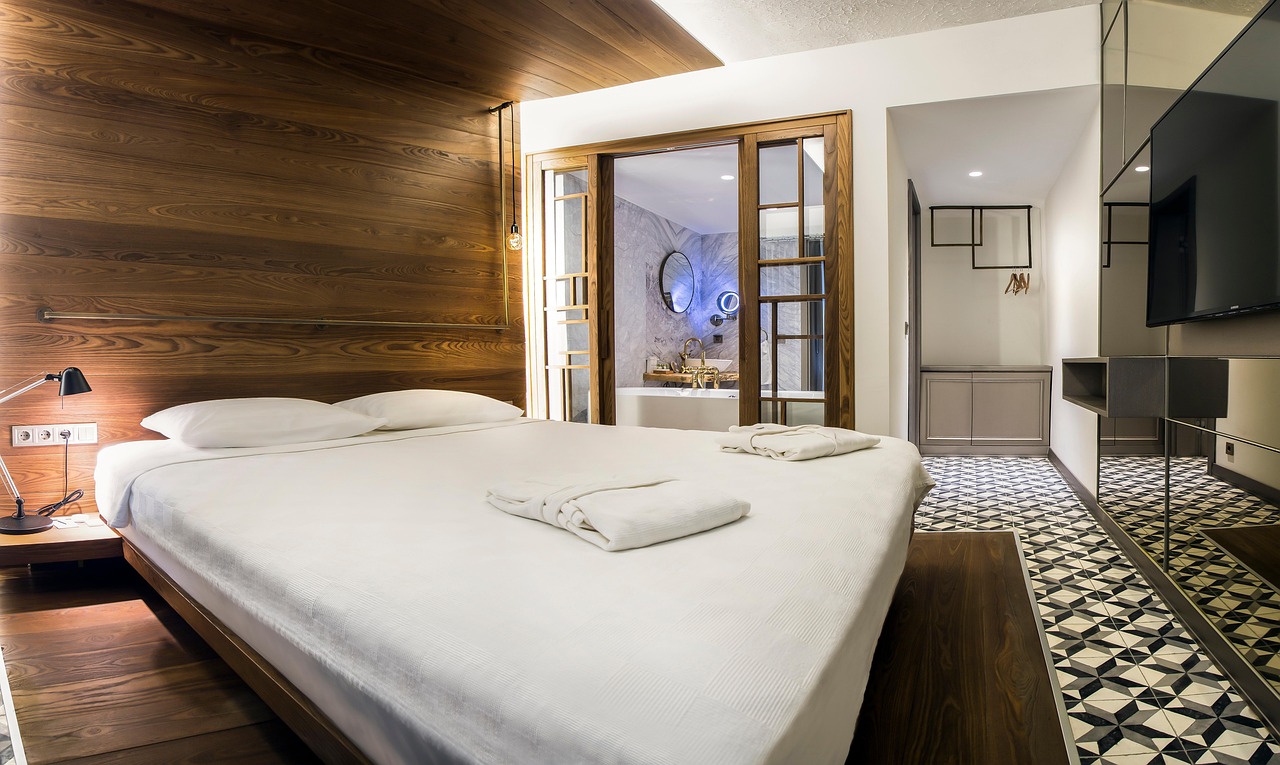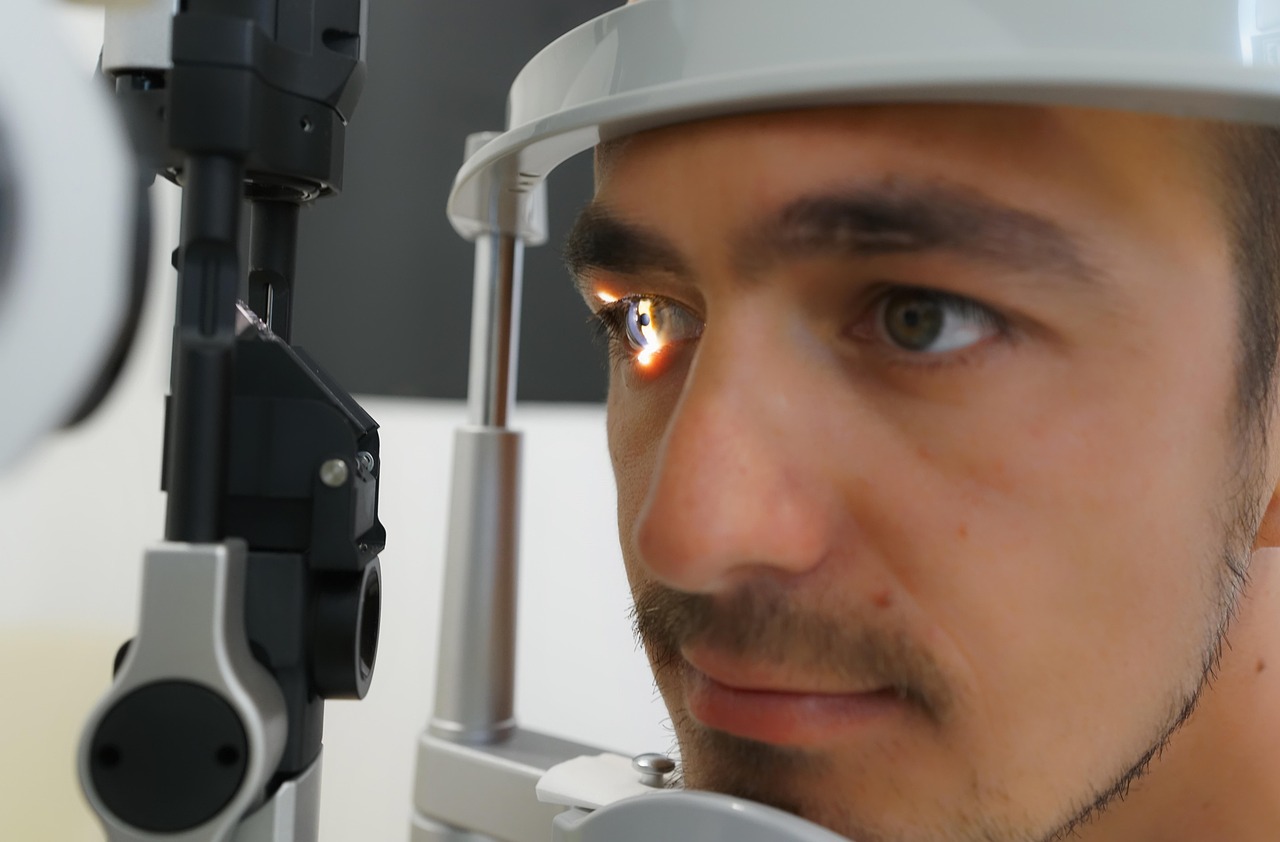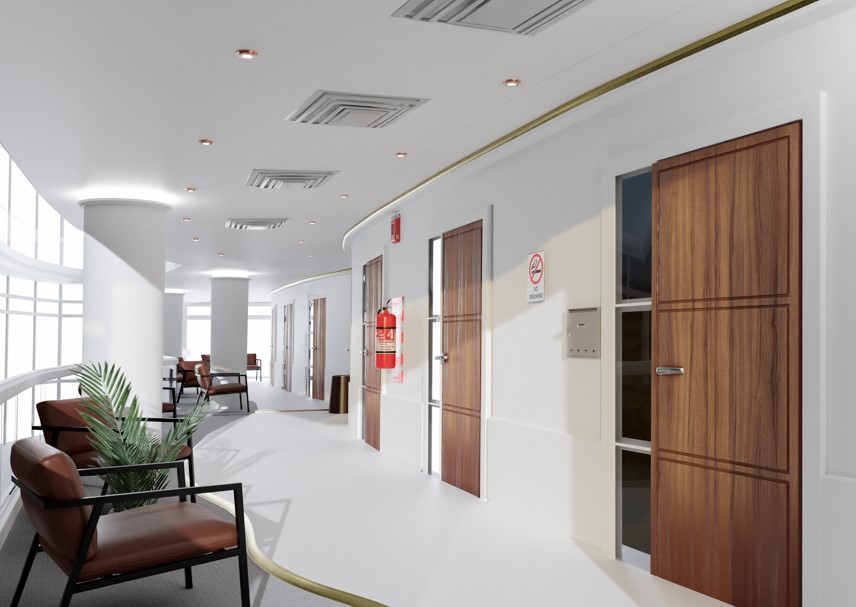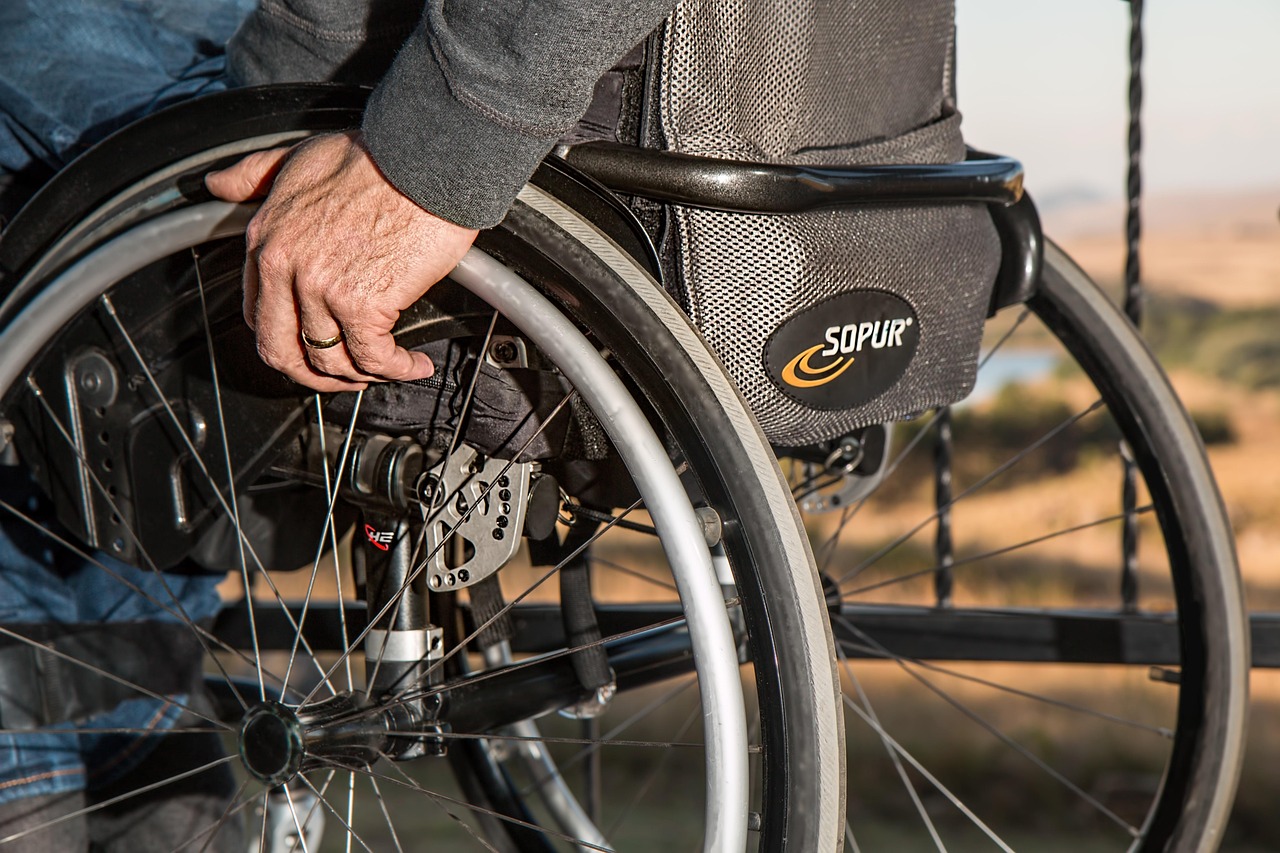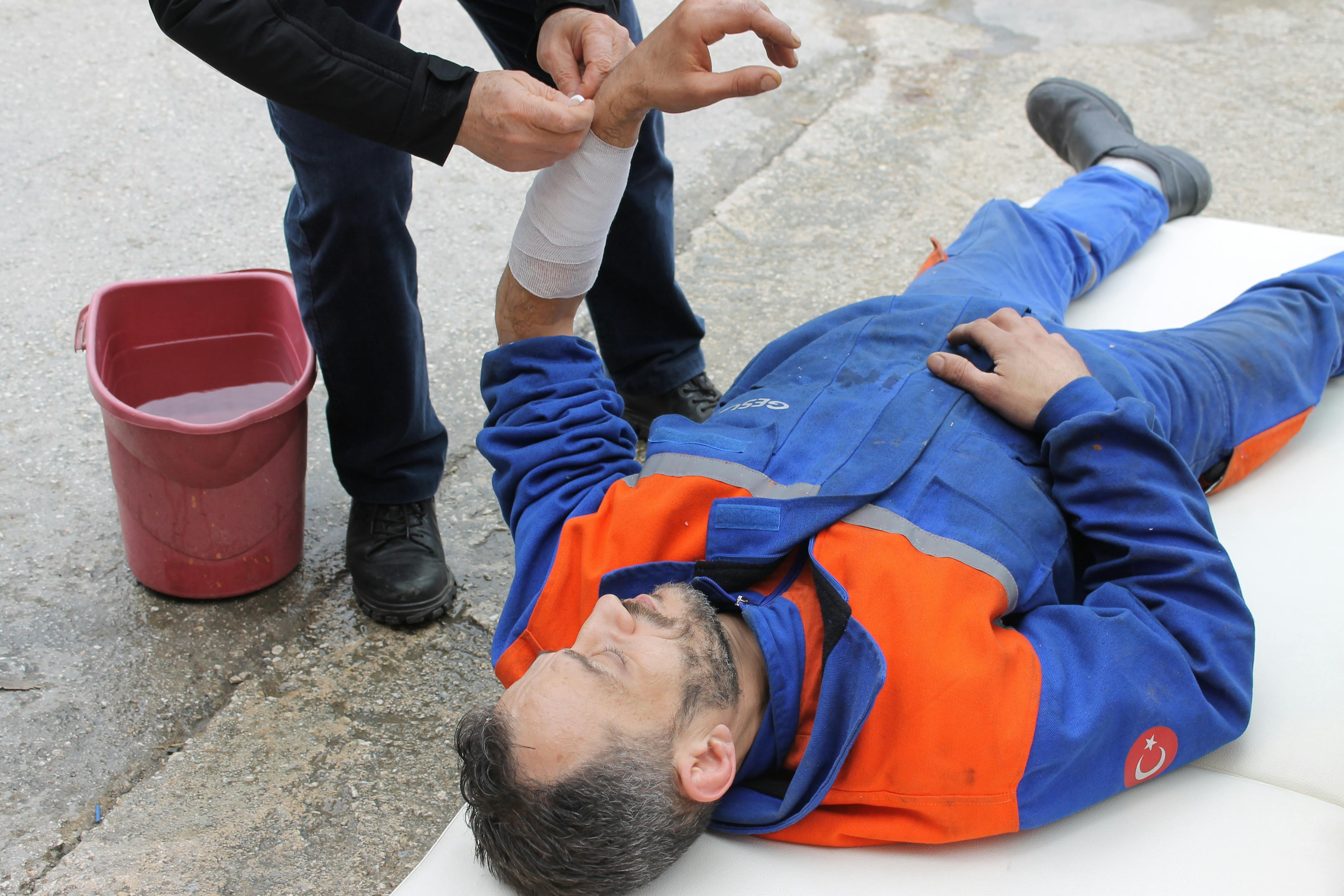24
Apr 2023
Ask the industry to do more to realize the $3.3 billion potential in the accessible travel market
Published in News on April 24, 2023
![Ask the industry to do more to realize the $3.3 billion potential in the accessible travel market Ashley Morton didn't let being a paraplegic stop her and her family from travelling frequently.
"Before COVID-19, there was a lot of travelling abroad, but since then, we've been a little closer to home," said the mother of two.
But Mrs Morton had a frustrating row about inaccessible accommodation.
"Anybody can go on a website and book a room and know they'll be able to use the bathroom and toilet," he said.
"Whereas I have to spend 10x more time researching and making sure the property meets my needs when I'm looking for accommodation.
"I'm sure many other people with a disability have got a horror story when it comes to travelling of being told that a property would meet their needs, only to turn up and the property doesn't meet their needs."
Ms Morton wants to change the tourism and accommodation industry to better reflect the accessibility needs of Australians with disability.
"People with disabilities do love travelling just as much as everyone else," she said.
"And if you don't see people with disabilities at your accommodation, that's more than likely a case of them not feeling welcome."
A booming industry
About a million Australians live with some form of disability, and they count for around 17 per cent of total tourism revenue.
This works out to be about $3.3 billion annually, and is the fastest-growing travel sector in the country, according to research published by Accessible Accommodation and Spinal Cord Injury Australia (SCIA).
This is not to mention the increasing number of people 65 and over who are also keen travellers and may have accessibility needs.
But Accessible Accommodation's Kerry Williams said many Australian hotels still fall short in offering truly accessible and comfortable accommodation for people with disabilities or access needs travellers.
"While Australian hotels offering accessible accommodation are required to adhere to regulations to advertise as accessible, this doesn't necessarily translate to guest comfort for those living with a disability," Ms Williams said.
Being part of the solution
Accessible Accommodation and SCIA have launched a new online training program designed to "help accommodation providers feel confident in their offerings for providing accessible rooms and facilities and welcoming guests with accessibility needs".
Among the organisations that have already taken part in the program is Kew-based Aligned Corporate Residences (ACR).
The General Manager of ACR, Nu Nizam, said he wants to advocate for accessible accommodation and gained a lot of valuable insight from the program. “The training was very helpful [because] it showed real stories of people with disabilities,” Nizam said.
"We just have to assemble and deliver."
Gentlemen Nizam said he wants to encourage more travel and accommodation services to take into account the needs of travellers with disabilities.
"It was a real draw," he said, "and it was a great opportunity."
"[It's] something we should all accept: We shouldn't treat [disabled people] any differently."
It's a good business idea
Gentlemen Nizam said some businesses are concerned about the cost of implementing modifications to meet the accessibility needs of their residential properties.
"[But] most of these mods are free [or] very cheap, which makes a big difference for those who stay," he said.
"Hotels will have their strategies in place or think about revenue [but] … you've got to treat the accessible accommodation, or people with specific abilities or disabilities, as a particular segment, a revenue-generating segment."
Ballarat Regional Tourism chair Paul Martino said there was plenty of unrealised potential for industry stakeholders when it came to providing accessible tourism options for guests.
"There's no question there's a large market, and there's no question that it's potentially one of the most untapped markets," he said.
"There's a real opportunity to grow our tourism market and visitor economy and to market these spaces."
Mr Martino urged accommodation providers to be mindful of the fact the Commonwealth Games would be returning to Australia in three years' time.
"I think there's an expectation around the world that we are providing these sorts of services," he said.
"It's not an optional service, It's an expectation."
Ms Morton said it was in the interests of accommodation providers to think about people like her. “We are a well-connected group of people, and we speak as a community,” he said.
“The most important thing real estate can do for people with disabilities is to provide them with the information they need to decide for themselves whether or not their offer is right for them.
"It's in the housing provider's interest to do something small to cater for disabled customers because, yes, they will come back."](https://c3eeedc15c0611d84c18-6d9497f165d09befa49b878e755ba3c4.ssl.cf4.rackcdn.com/photos/blogs/article-385-1682336775.jpg)
Ashley Morton didn't let being a paraplegic stop her and her family from travelling frequently.
"Before COVID-19, there was a lot of travelling abroad, but since then, we've been a little closer to home," said the mother of two.
But Mrs Morton had a frustrating row about inaccessible accommodation.
"Anybody can go on a website and book a room and know they'll be able to use the bathroom and toilet," he said.
"Whereas I have to spend 10x more time researching and making sure the property meets my needs when I'm looking for accommodation.
"I'm sure many other people with a disability have got a horror story when it comes to travelling of being told that a property would meet their needs, only to turn up and the property doesn't meet their needs."
Ms Morton wants to change the tourism and accommodation industry to better reflect the accessibility needs of Australians with disability.
"People with disabilities do love travelling just as much as everyone else," she said.
"And if you don't see people with disabilities at your accommodation, that's more than likely a case of them not feeling welcome."
A booming industry
About a million Australians live with some form of disability, and they count for around 17 per cent of total tourism revenue.
This works out to be about $3.3 billion annually, and is the fastest-growing travel sector in the country, according to research published by Accessible Accommodation and Spinal Cord Injury Australia (SCIA).
This is not to mention the increasing number of people 65 and over who are also keen travellers and may have accessibility needs.
But Accessible Accommodation's Kerry Williams said many Australian hotels still fall short in offering truly accessible and comfortable accommodation for people with disabilities or access needs travellers.
"While Australian hotels offering accessible accommodation are required to adhere to regulations to advertise as accessible, this doesn't necessarily translate to guest comfort for those living with a disability," Ms Williams said.
Being part of the solution
Accessible Accommodation and SCIA have launched a new online training program designed to "help accommodation providers feel confident in their offerings for providing accessible rooms and facilities and welcoming guests with accessibility needs".
Among the organisations that have already taken part in the program is Kew-based Aligned Corporate Residences (ACR).
The General Manager of ACR, Nu Nizam, said he wants to advocate for accessible accommodation and gained a lot of valuable insight from the program. “The training was very helpful [because] it showed real stories of people with disabilities,” Nizam said.
"We just have to assemble and deliver."
Gentlemen Nizam said he wants to encourage more travel and accommodation services to take into account the needs of travellers with disabilities.
"It was a real draw," he said, "and it was a great opportunity."
"[It's] something we should all accept: We shouldn't treat [disabled people] any differently."
It's a good business idea
Gentlemen Nizam said some businesses are concerned about the cost of implementing modifications to meet the accessibility needs of their residential properties.
"[But] most of these mods are free [or] very cheap, which makes a big difference for those who stay," he said.
"Hotels will have their strategies in place or think about revenue [but] … you've got to treat the accessible accommodation, or people with specific abilities or disabilities, as a particular segment, a revenue-generating segment."
Ballarat Regional Tourism chair Paul Martino said there was plenty of unrealised potential for industry stakeholders when it came to providing accessible tourism options for guests.
"There's no question there's a large market, and there's no question that it's potentially one of the most untapped markets," he said.
"There's a real opportunity to grow our tourism market and visitor economy and to market these spaces."
Mr Martino urged accommodation providers to be mindful of the fact the Commonwealth Games would be returning to Australia in three years' time.
"I think there's an expectation around the world that we are providing these sorts of services," he said.
"It's not an optional service, It's an expectation."
Ms Morton said it was in the interests of accommodation providers to think about people like her. “We are a well-connected group of people, and we speak as a community,” he said.
“The most important thing real estate can do for people with disabilities is to provide them with the information they need to decide for themselves whether or not their offer is right for them.
"It's in the housing provider's interest to do something small to cater for disabled customers because, yes, they will come back."


